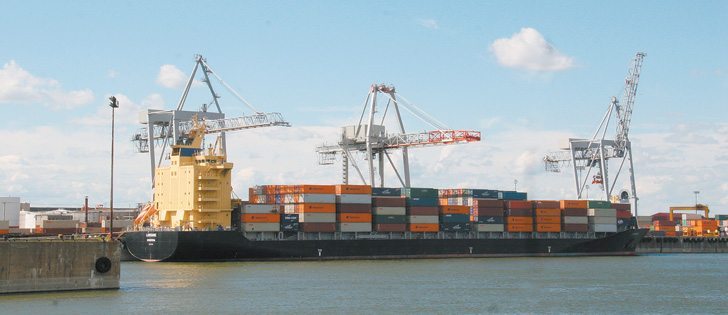Let’s be clear from the get-go.
Statistics Canada is a national treasure, its data collection illuminates Canadian history as it evolves and the Conservative decision to diminish its ability to gather information is a shortsighted ideological mistake.
Much of the agricultural industry depends on Statistics Canada to tell the tale of what is happening as the world and the sector evolves.
So none of this is to denigrate the value of the work Statistics Canada does.
It is, however, to suggest that the federal agency should rethink how it collects farm data and in particular, how it defines a farm.
Read Also

Trump’s trade policies take their toll on Canadian producers
U.S. trade policy as dictated by president Donald Trump is hurting Canadian farmers in a multitude of ways.
Statistics Canada data on the state of farming, the number of farms, farm size, farm income and farm sales distorts the reality of Canadian agriculture today.
It defines a farm as an operation producing an agricultural product with the “intention” of selling it.
There is no need to actually have sold a cabbage, to have a minimum farm sales income, to even have the intention of trying to make money from the farm.
So Canada had more than 205,000 farmers last year. That hasn’t been true for decades.
So Canada lost more than 10 percent of its farms between 2006 and 2011. Not a chance.
So the average farm size is 778 acres. That is so 1960.
This is no academic argument.
Federal and provincial agriculture ministers use the data as they design national farm policy, a process that is now underway and that will establish farm policy for the next five years, starting next April 1.
Urban media use the data to describe what is happening on the farm. My God, more than 23,000 farmers went out of business in five years.
And while the federal agency presents copious amounts of detail about the breakdown of segments within agriculture, the broader averages are what catch the headlines and fuel the political questions about agricultural policy failures.
So here is a modest proposal.
Statistics Canada should create a definition of a “farm,” perhaps in collaboration with Agriculture Canada.
Someone living on an acreage as a want-to-be farmer with a fantasy of selling tomatoes in the local farmers’ market should not qualify as a farmer.
While it is politically charged and would take years of painful political and statistical debate, Statistics Canada should try to come up with a way to identify farmers who hope to make a living from growing food and differentiate them from someone who wants the lifestyle and wants to tap into the spirit of Grandpa and his pre-mechanized farm.
Agriculture Canada should insist that its sister government agency find a way to determine how many serious commercial farmers there are so that agricultural and social policy do not become interchangeable.
Years ago, a federal deputy agriculture minister with a cattle herd wrote off losses on the farm against his government salary because he saw himself as a farmer with Ottawa as off-farm income.
A federal court ruled that to be a ludicrous idea.
Likewise, Statistics Canada should not allow want-to-be farmers to self-identify and thereby skew valuable, informative statistics that are the lifeblood of the industry.














